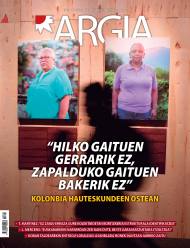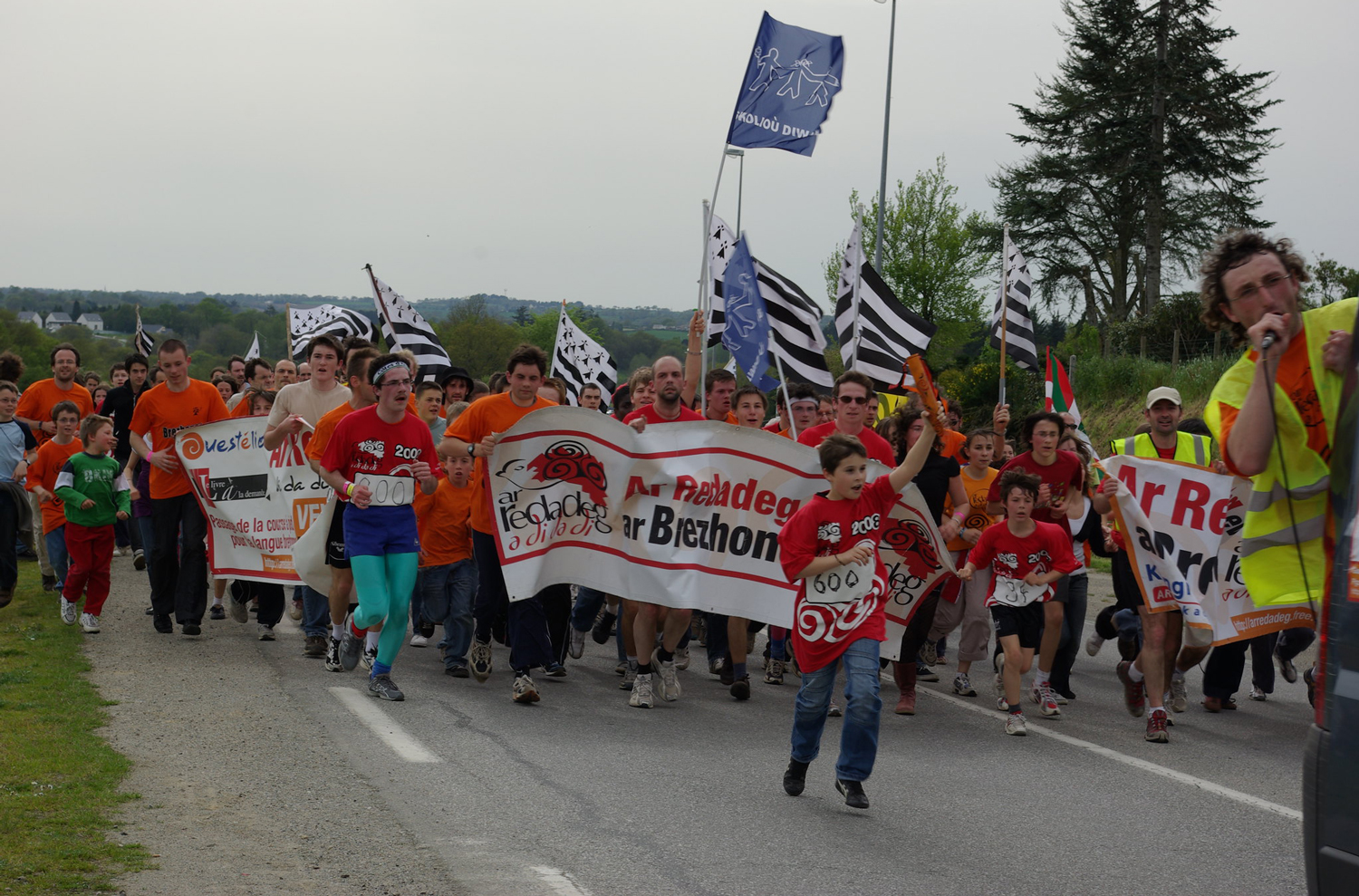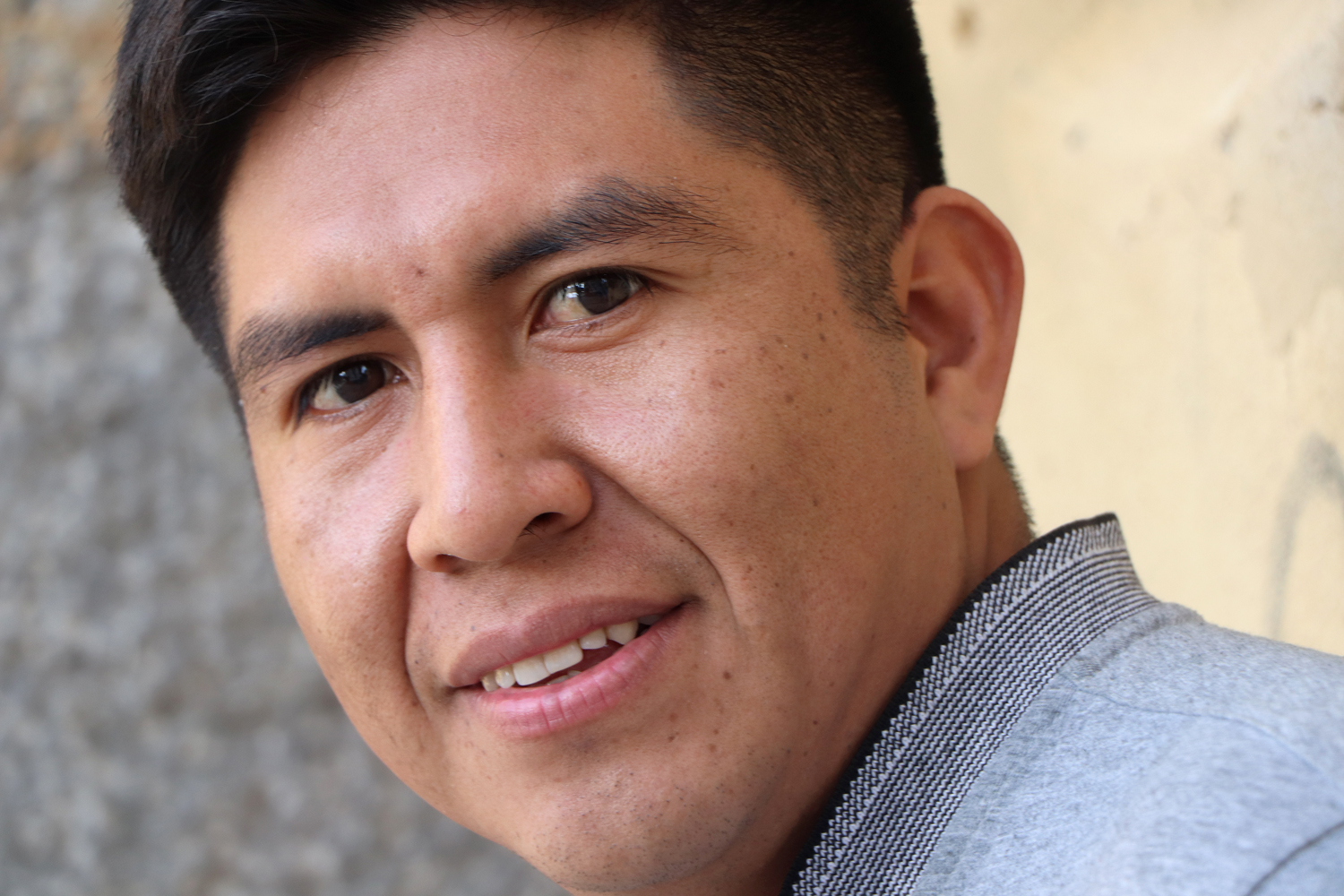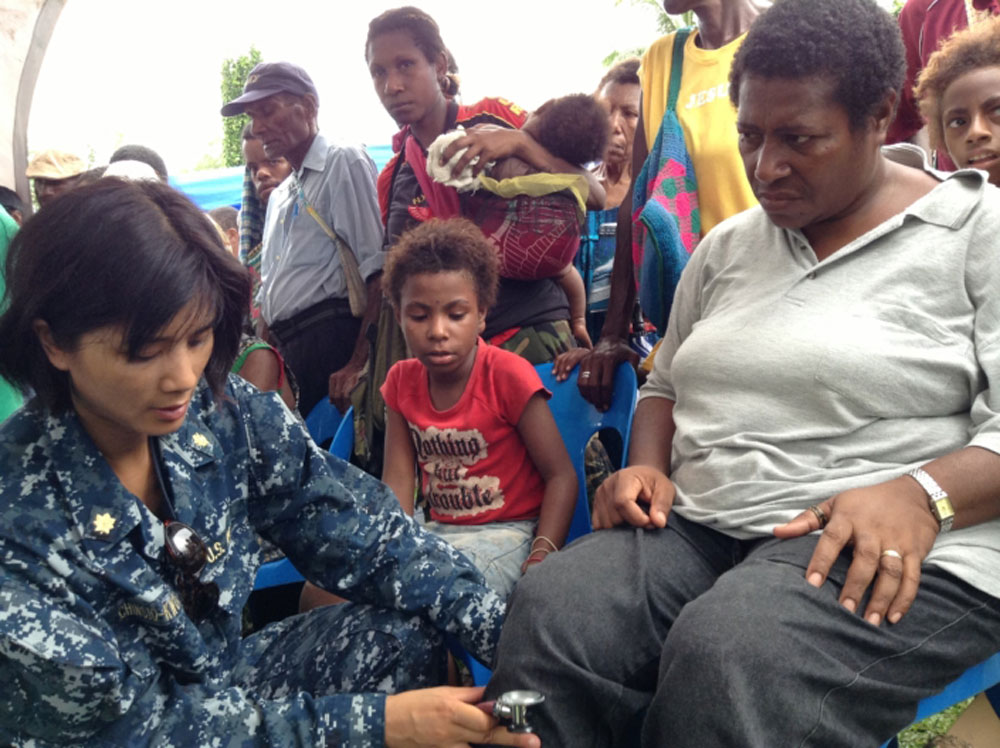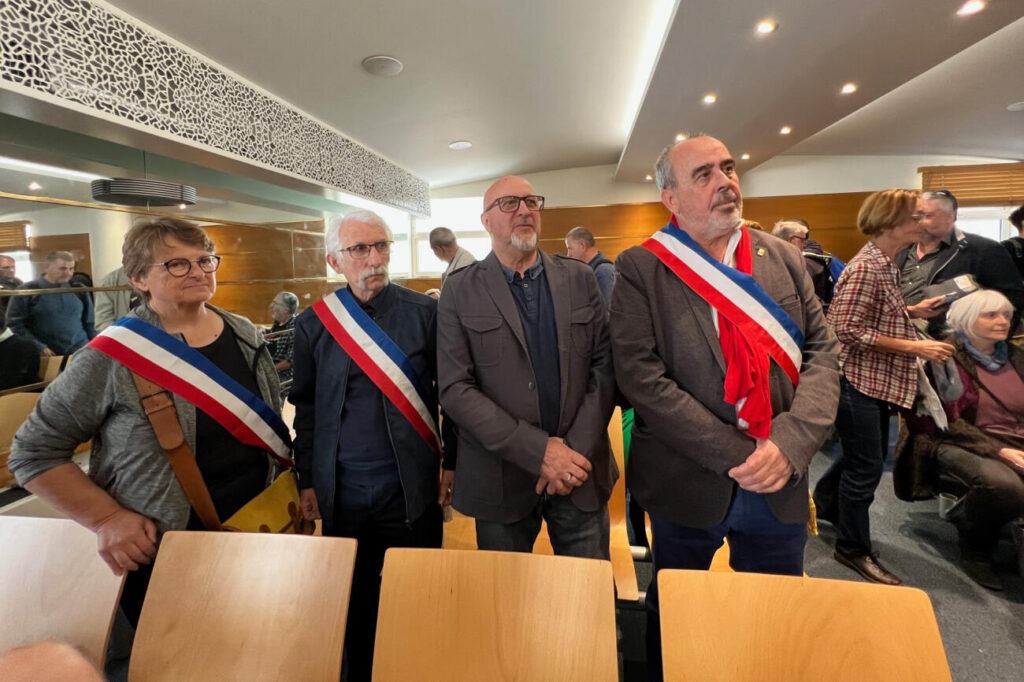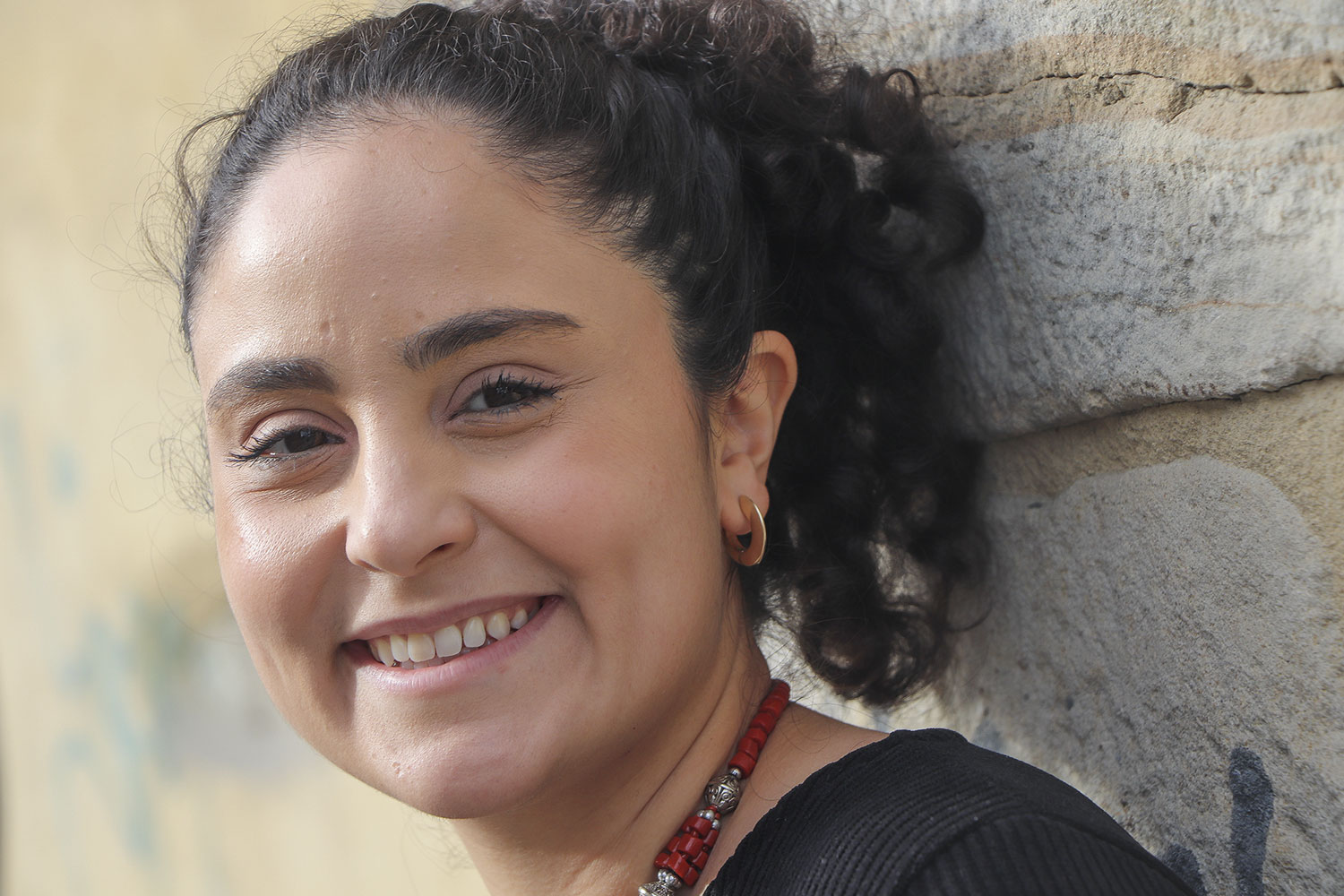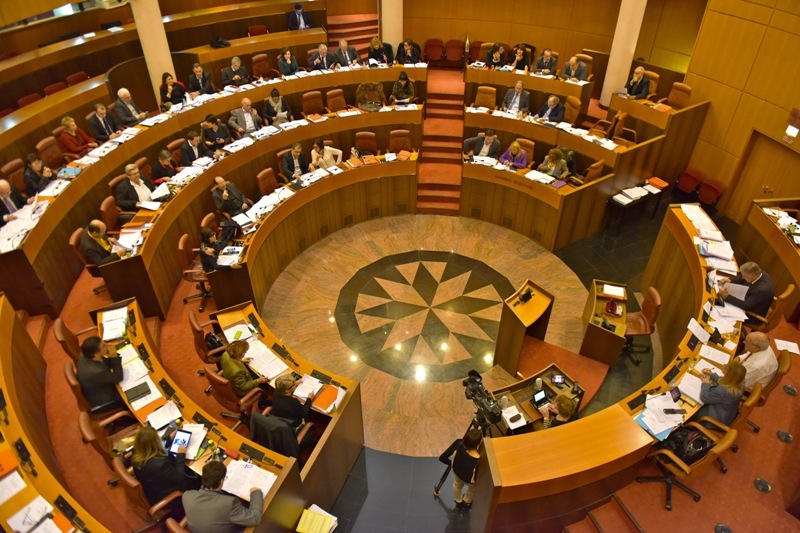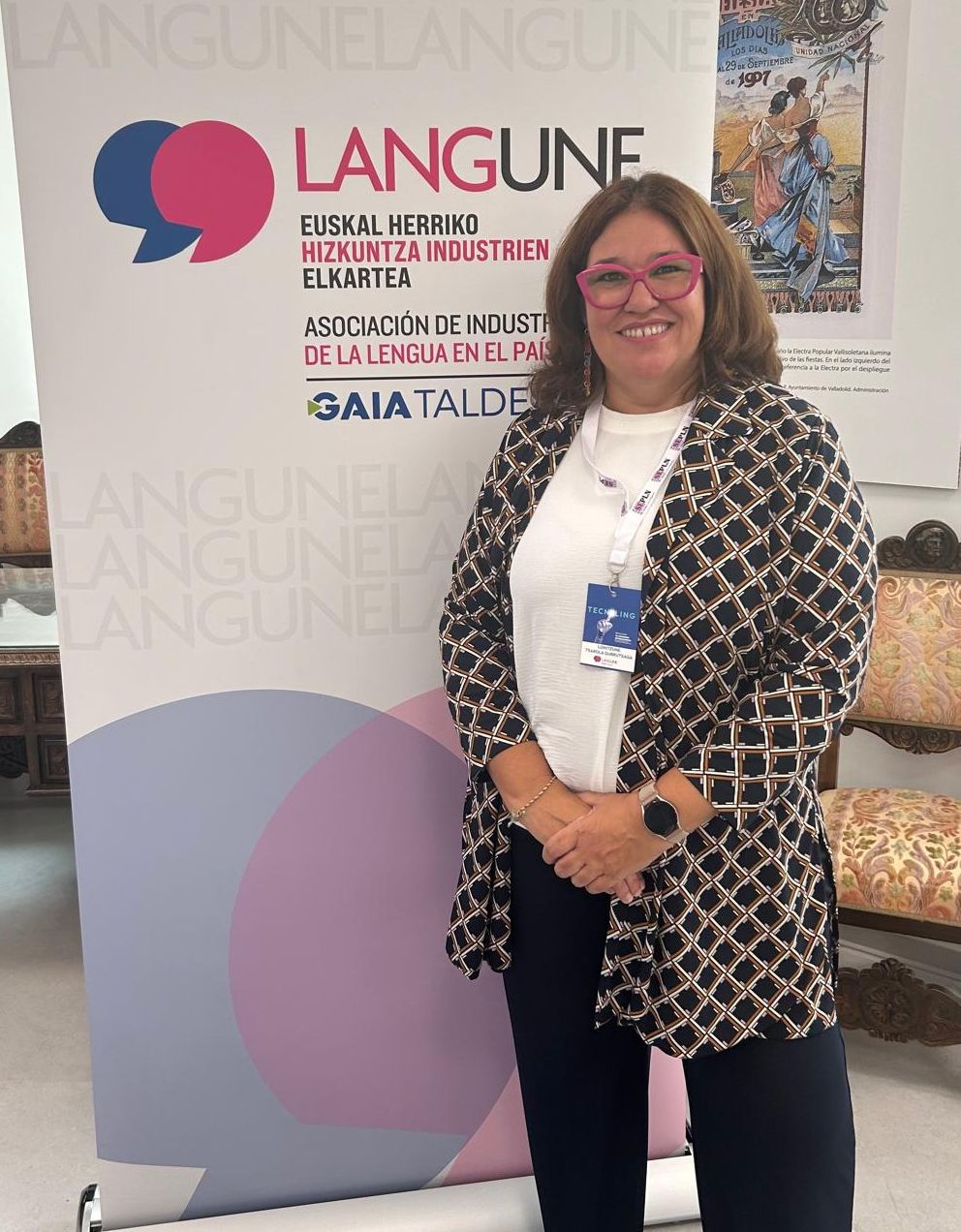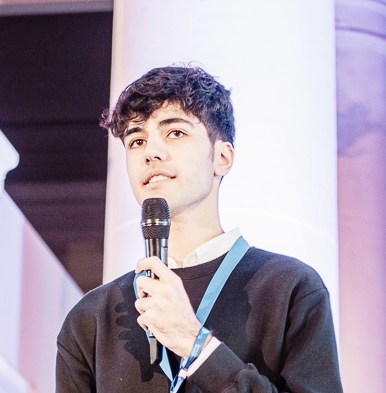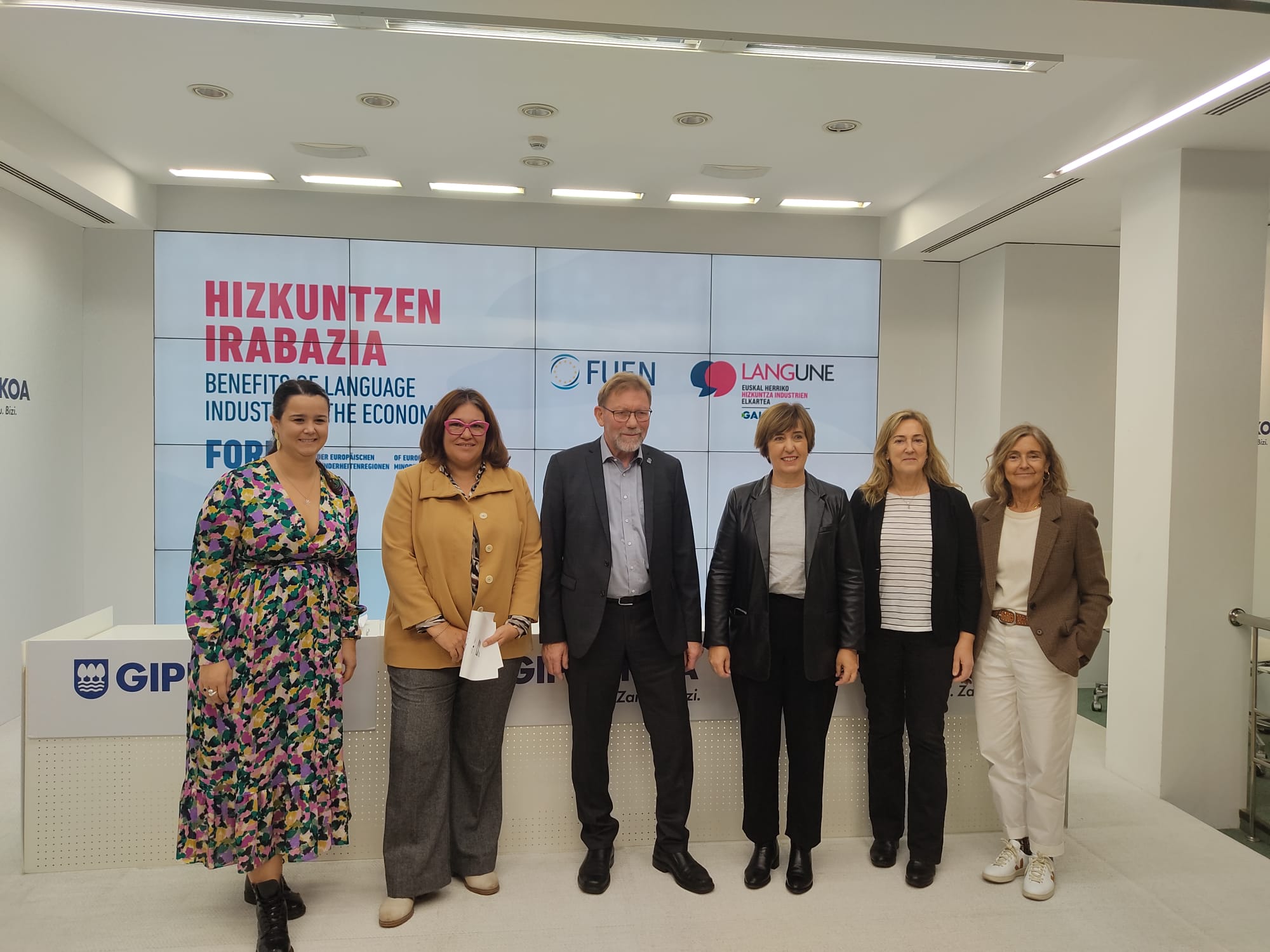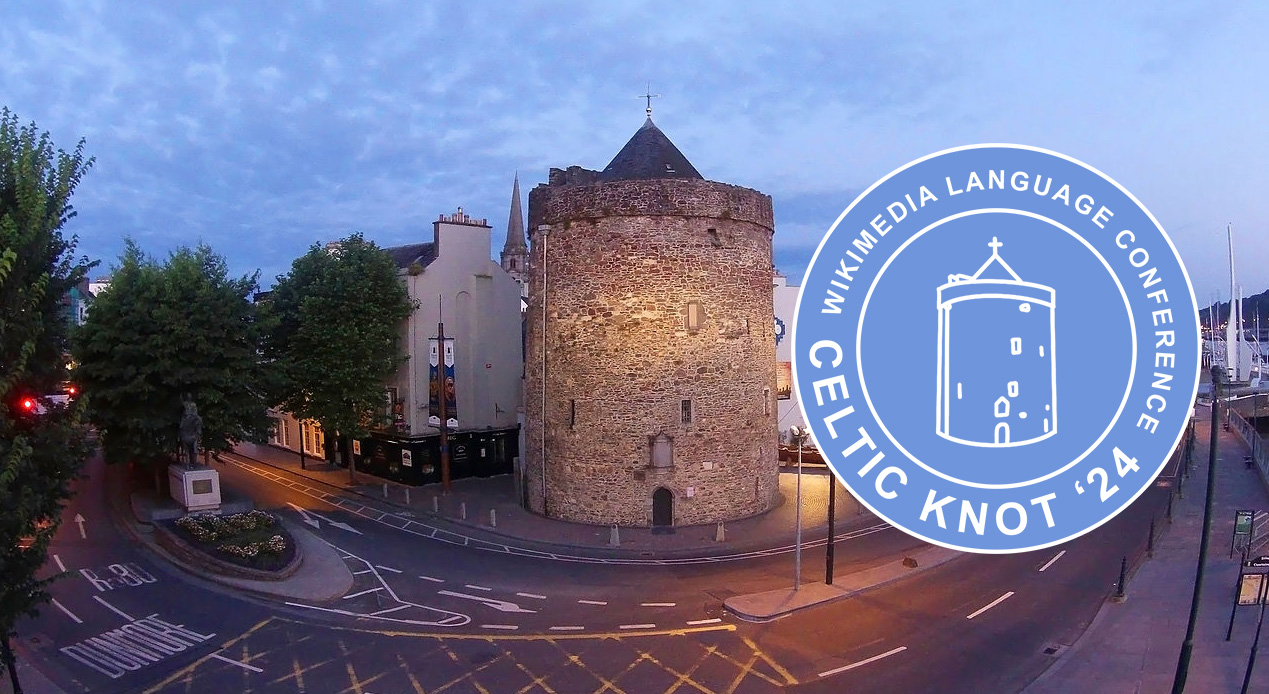Start working language consultant Nahuatl
- Lizbeth Sánchez Ortiz is a Mexican. He is a citizen of origin, speaking of nahuatl, maseual, inhabitant of the sierra of the state of Puebla. But it's also more than that. Sánchez has been working since April for the development of the language in the Tosepan cooperative movement, coordinating the global project of linguistic revitalization of this cooperative. The project has, for the time being, four legs: a school that wants to approach the immersion model, a community radio, a corpus fusion project and four employment plans in the workplace. He is the first person in the world who, apart from the Basque technicians of the Basque Country, acts as a linguistic advisor in his workplace.
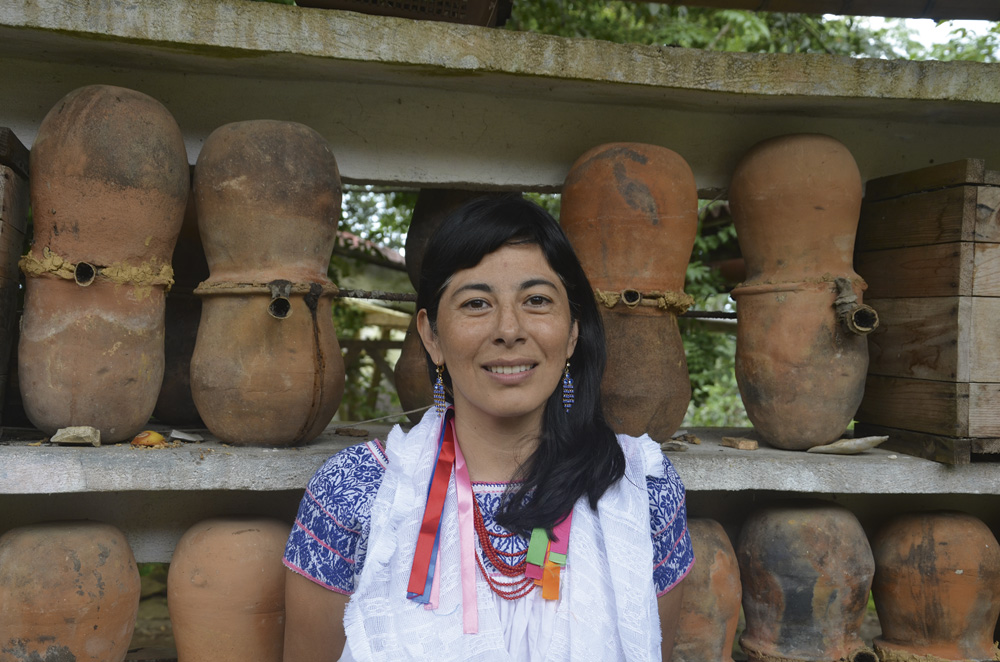
Even if you haven't received it from home, why did you decide to study the language to your liking?
Several reasons drove me to decide to study. The most important thing, though, is that I'm a Maseual. However, language was lost in the family during my grandmother's generation and, therefore, learning Nahuatl allows me to recover my family history and my identity. After all, I want my Masquerc thoughts and hearts to beat again.
So far you have been a professor, but now you will be an advisor to the development of the language. In what spirit have you started the new work?
So far, I have been a professor, but that work has been closely related to the strengthening and revitalization of the Nahuatl and Tutunaku languages. I have always tried to draw up small and collective proposals to ensure the future of these languages. That is why I am also going to take into account what I have learnt earlier to address this new challenge. In addition, it will accompany me with what I have learned in the training I have received through Emun [Cooperative working in the Basque Country and social innovation]. My intention, therefore, is to continue with the previous work, that is, to make contributions to our languages, even though this time it does so from other areas.
You are from Cuetzalango, from the Mexican state of Puebla. And you are part of the Tosepan movement cooperative. How would you briefly explain what Tosepan is?
You could start contributing data: Tosepan is currently the union of eight cooperatives, with 430 local cooperatives and 36,000 families, dedicated to the production, saving, education, health, tourism, housing and defence of our land. But I couldn't explain what Tosepan really is. And that's that Tosepan is a lot more than that.
Tosepan is also the space or movement that, after much work and effort, has created and fulfilled collective dreams. Our mothers and fathers dreamed and got what seemed impossible. So we also learned to dream and to work hard and hard to realize those dreams and new dreams. The linguistic project, therefore, is a dream, a dream that adds to other dreams, a dream that adds to the defense of our mass emancipations.
Voluntary revitalization plans will be launched at three working centres inside Tosepan. How would you tell a Basque what you intend to do in those three areas?
Within Tosepan we are implementing the entire linguistic project and one of the axes of this project is the one corresponding to the work. To work on this axis, together with some colleagues from Emmaus and Garabide, we have started to work in three workplaces, as a pilot project. A diagnosis of languages was made in each area. This diagnosis has yielded similar results in terms of motivations, but not in terms of capabilities and uses. There have been significant differences in these areas.
Therefore, each space has its own characteristics. In all three of us, we have set the overall objective of strengthening and revitalizing our language in the workplaces. But we have to adapt to the characteristics of each area, those characteristics we have to take into account when doing the work. We must therefore adapt the objectives and actions to the characteristics of each workplace.
You will be the first person to work as a consultant in plans to revitalize workplaces outside Euskal Herria. What challenges and strengths do you have to start your work?
It's a very big challenge. Outside Euskal Herria, such a project has never been tried, but we need to start walking, even if no one has derailed us before us. That too has a great responsibility in me, but I am sure we will achieve it. This work cannot be performed by a single person, it is a collective work and in this community is the real force.
What do we Basques have to learn from your experiences?
I don't know what you have to learn. However, I believe that we must continue to share. We have great differences, geographical, cultural and linguistic, among others, but we are in the same struggle: to recover and strengthen our languages.
Korsikako legebiltzarkideek ezin dute Korsikako Asanblean korsikeraz hitz egin, Bastiako Auzitegiaren 2023ko epai baten arabera. Ebazpen horri helegitea jarri zion Asanbleak, baina debekua berretsi du orain auzitegi berak. Epaiak tokiko beste hizkuntzei eragiten diela ohartarazi... [+]
Uwa, kamsá, tukuná, uitoto, tikun, embera, nasa/yuwe, nuka, sikuani, siano, macuna, yuruti, kichwa, achagua, bora, truncar. These are some of the languages spoken in Colombia. Unfortunately, when I lived in Colombia, in Cundinamarca, I did not have the opportunity to learn our... [+]









